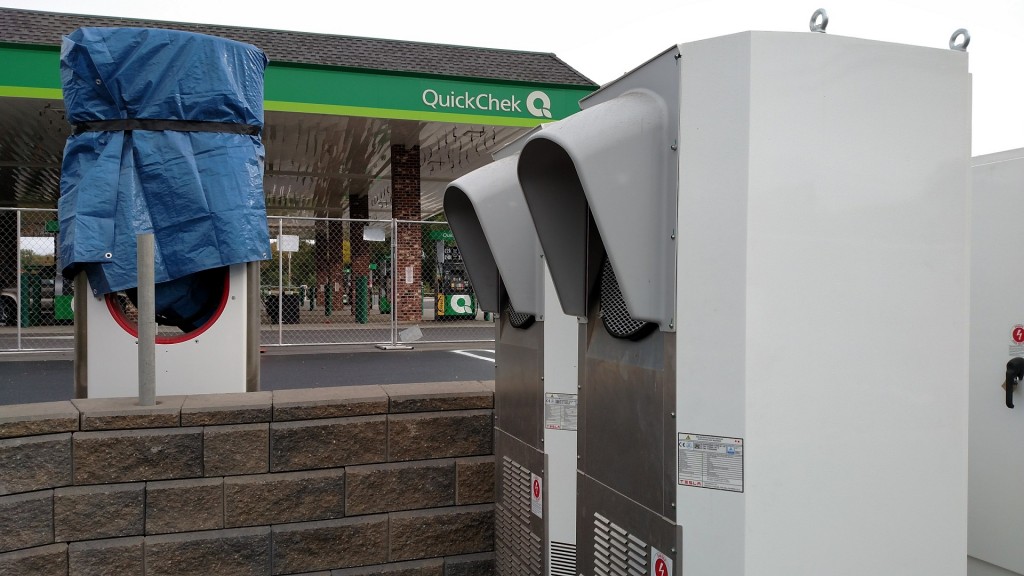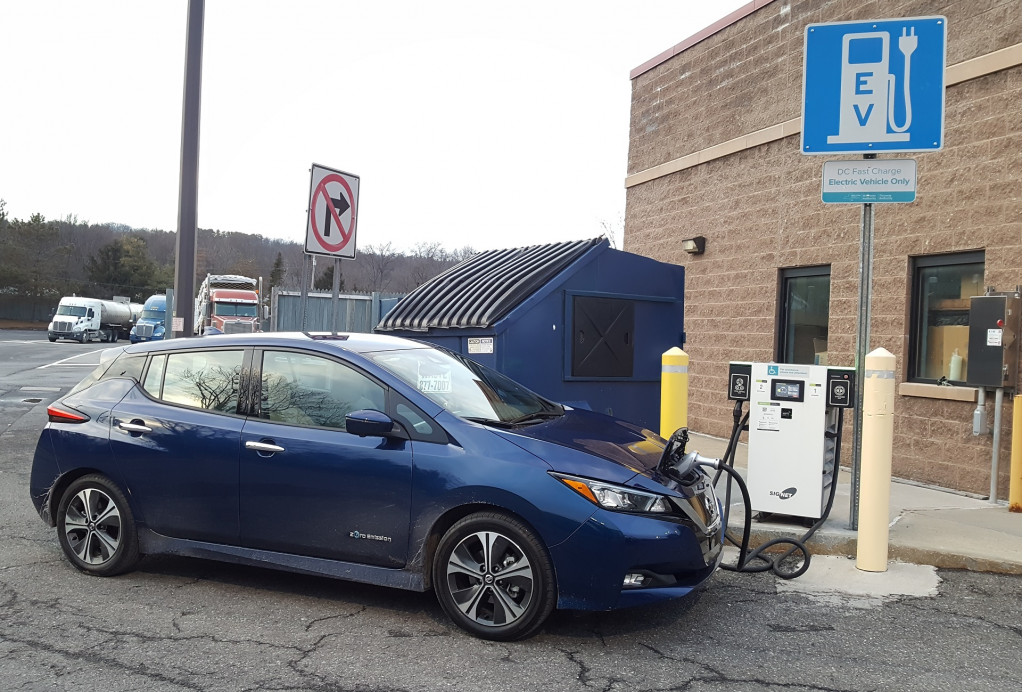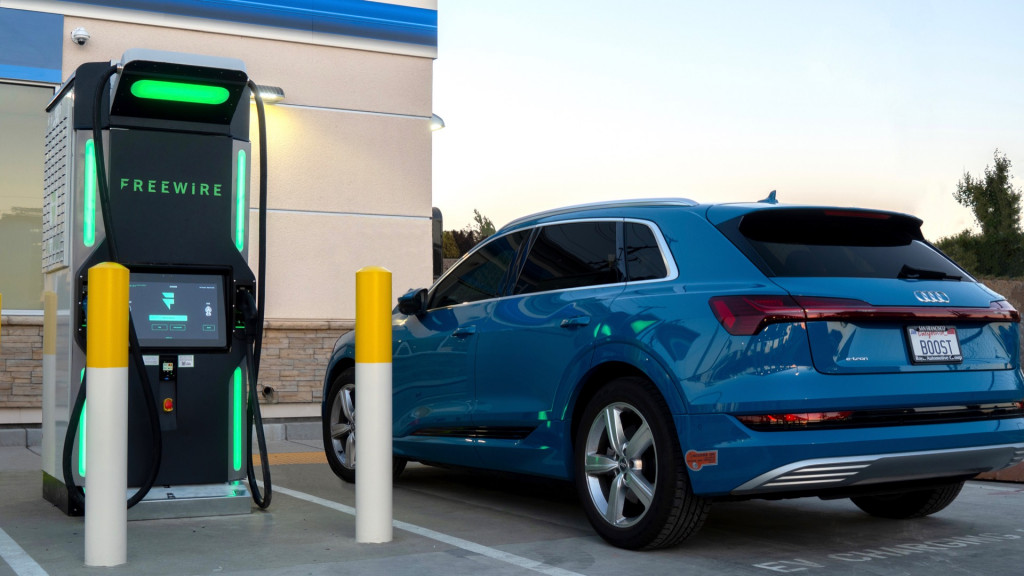Oil companies expanding electric car fast-charging networks might not entirely be the image-burnishing loss-leader some would suspect.
BP sees EV charging as a business line bound for profitability, according to a report from Reuters, citing a top executive at the energy giant. As it underscores, BP’s charging division isn’t expected to be profitable by 2025, yet on a margin basis (money in, money out) it’s near the levels of gas filling.
The surprising disclosure, from Emma Delaney, BP’s head of customers and products, didn’t include any firm numbers regarding the profit or loss related to EV charging, but she underscored that in Europe and the UK, those profit margins are close.
We’re curious to see those numbers. Environmental effects aside, while extraction, refining/formulation, and distribution are costly, labor-intensive processes in and of themselves, dispensing electricity depends on the right arrangement with the local energy utility, maintaining hardware, and navigating demand charges.

Quick Check convenience store with Tesla Superchargers under construction, Kingston, New York
BP also may be considering its companion convenience-store business, which is important in many regions around the world for making the business viable.
According to the Association for Convenience and Fuel Retailing, over the five years leading up to 2018 the gross margin on a gallon of gasoline in the U.S. amounted to nearly 22 cents per gallon, or about 8.5% of the retail price.
On a purely energy basis, a gallon of gasoline is the equivalent of about 33.7 kwh. So to surpass gasoline, oil companies may only need a margin on fast charging greater than 0.65 cents per kwh.
Looking at Shell-owned Greenlots’ network in the U.S., the station closest to this editor, in Portland, Oregon, is charging 15 cents per kwh for charging up to 175 kwh. That’s not far above the current local average commercial electricity rate of about 8.1 cents per kwh, or the average residential rate of about 12.6 cents, according to the U.S. Energy Information Administration.

2018 Nissan Leaf with Greenlots fast charger by Dumpster at I-87 Modena travel plaza, Feb 2018
Delaney told Reuters that BP sees the most growth in fast charging as part of fleet services. From charging logistics to last-mile delivery vans, that appears to be one of the big profitability backgrounds of the next few years.
BP’s first offered EV charging in 2010 but started a serious charging push in 2017, when the petroleum giant revealed that it was in talks with EV makers and considering ways it could enter the charging market. By the end of that year most petroleum companies had become more engaged in charging and battery tech, and since then, nearly all the major global petroleum companies have communicated some sort of rebranding as energy companies rather than oil companies.
The company is aiming to expand its global charging business from about 11,000 charging points now to 70,000 by 2030. It’s also invested in ancillary battery and charging technology, like Freewire mobile fast-charging and StoreDot battery tech.

FreeWire Boost Charger at convenience store
One skeptical view of these charging initiatives is that oil companies are shoring up charging business in case of an upcoming carbon tax, or credit system for CO2, that would hold oil companies more responsible for the carbon emissions the fuels they make eventually creates. BP is among several oil giants that have announced aims to go “net-zero” by 2050.
As we’ve pointed out in various ways before, internal combustion vehicles will be driven for decades, and Big Oil is in no danger of imminent collapse. The transition will be slow and messy, but if oil companies see a profitable business in charging, perhaps the shift will come a little bit sooner.
--
CORRECTION: This piece originally indicated Greenlots as owned by BP. It has been owned by Shell since 2019.













